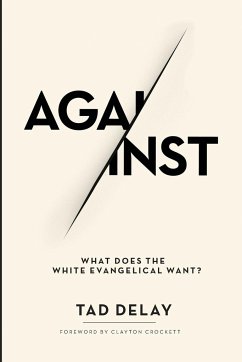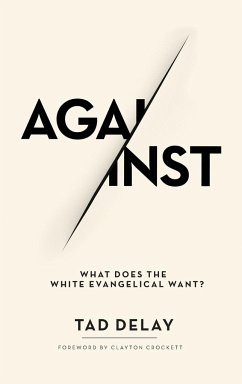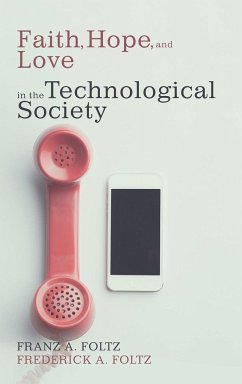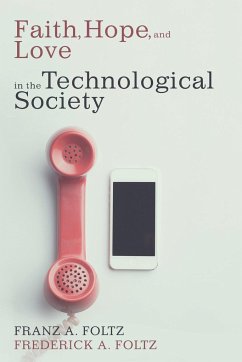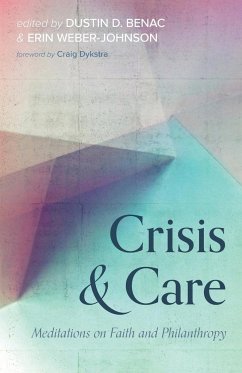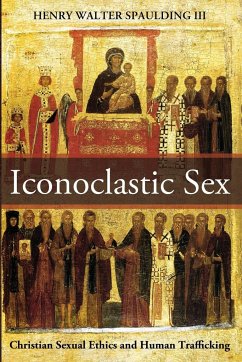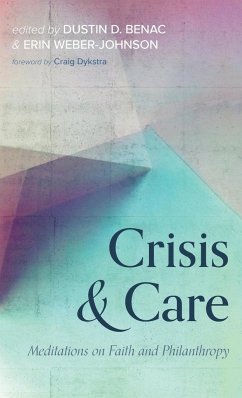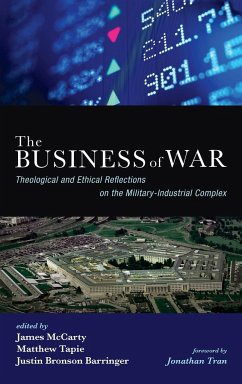What does the white evangelical want? In our moment of crisis and rage, this question is everywhere. Scholars ask from where its desires emerged, pundits divine its political future, and the public asks how we lapsed into social chaos. For their part, white evangelicals feel misunderstood while failing to see the direction of their ambitions. We must interrogate its aims not only through its past or current trends but also through the various fantasies by which it rejects and enlivens reality. Against traces five zones of opposition: future, knowledge, sexuality, reality, and society. If climate change is the greatest threat civilization has ever faced, then a faith aiding collapse must face analysis. If it swims in assured forgiveness, it feels no shame for its sins against humanity. If it wants a king, it threatens democracy. If it veils xenophobia, it shall be ever more cruel. In a critical and accessible history of odd ideas, DeLay chronicles the past and sketches its troubling future. It might die, but what's certain is that a faith built on nostalgia and supremacy won't moderate. We live in dangerous times, so let us consider its justifications, turmoil, appetite, and catastrophe.
Hinweis: Dieser Artikel kann nur an eine deutsche Lieferadresse ausgeliefert werden.
Hinweis: Dieser Artikel kann nur an eine deutsche Lieferadresse ausgeliefert werden.

